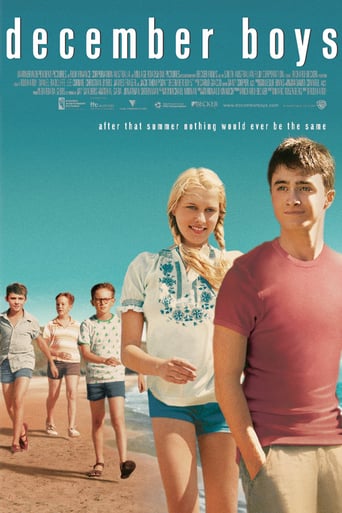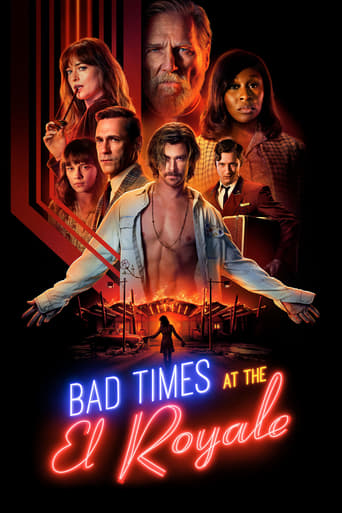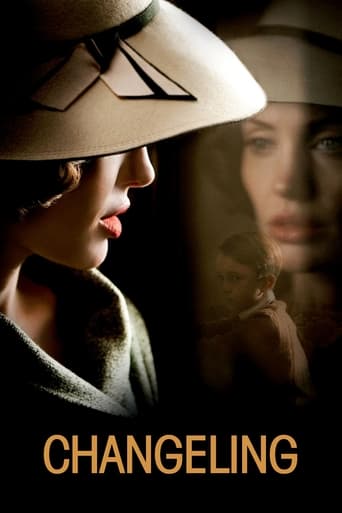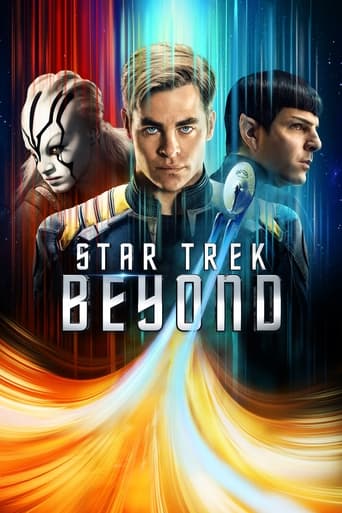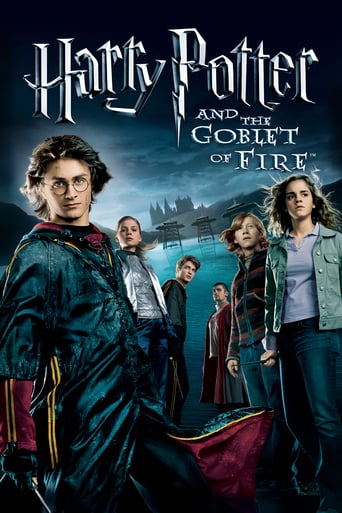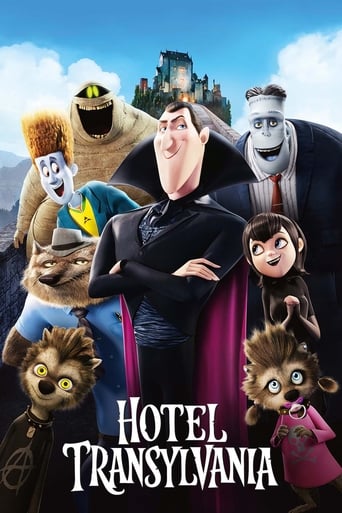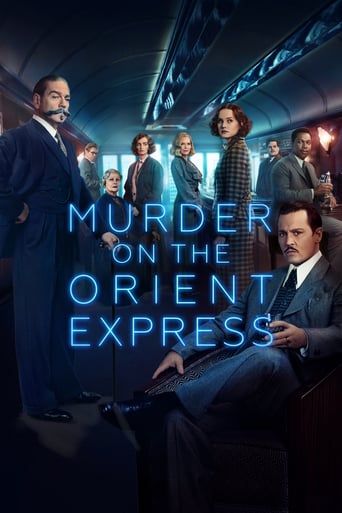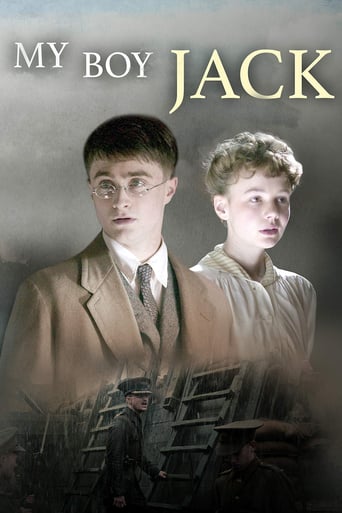


My Boy Jack
Author Rudyard Kipling and his wife search for their 17-year-old son after he goes missing during WWI.
-
- Cast:
- Daniel Radcliffe , David Haig , Kim Cattrall , Carey Mulligan , Julian Wadham , Robbie Kay , John-Paul Macleod


Similar titles
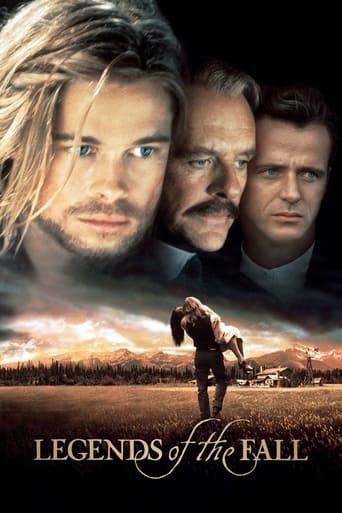
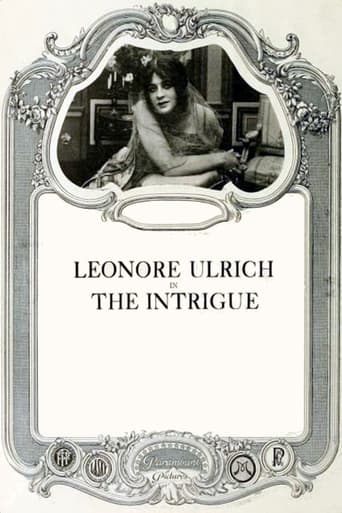
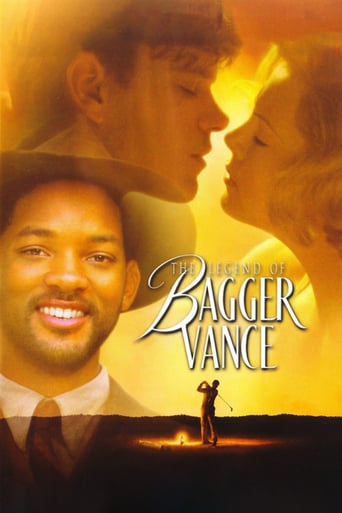

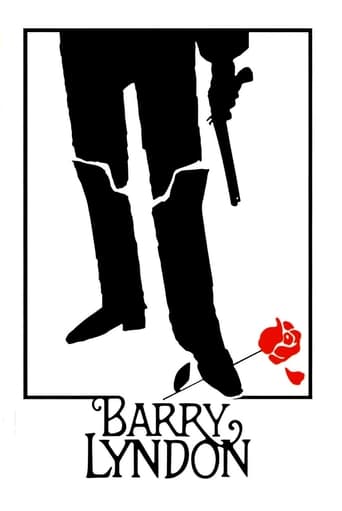
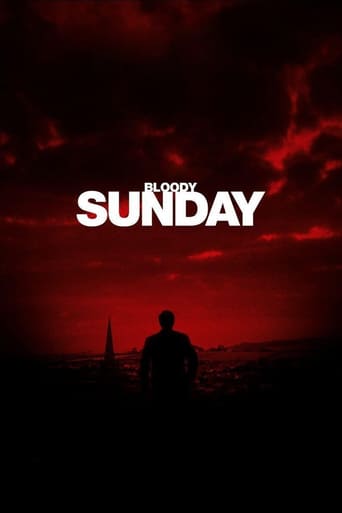
Reviews
Best movie of this year hands down!
Very best movie i ever watch
Highly Overrated But Still Good
It's simply great fun, a winsome film and an occasionally over-the-top luxury fantasy that never flags.
I don't remember why I added this to my DVR; sometimes I go on a PBS binge and record all kinds of "edifying" material. From the little summary on the DVR screen, I expected a family-conflict drama mixed in with some heroic war scenes and rousing patriotism.It did have rousing patriotism, family conflict, and heroic war scenes, yet it was not at all what I expected. When the film finished I could see past and future echoes of this family, of all families who send a son or daughter to war. Somewhere in America today there are parents just like Mr. and Mrs. Kipling in the film, and there have been for generations past.This is a movie to see when your everyday grind has sapped your humanity.
I watched My Boy Jack last night on U.S. Masterpiece Theatre. I appreciated not only the timeliness of the subject, but the tender story of the short life of John "Jack" Kipling, the son of poet Rudyard Kipling. Jack is played by Daniel Radcliffe of Harry Potter fame and it is a role perfectly suited to his age. Jack is a young man seeking his independence. Caught up in the patriotic fervor of his friends and neighbors going off to the war known as The Great War, Jack also wants to serve. His problem is that he has terrible eyesight and cannot get into any branch of the service until his renown father steps in to assist. David Haig wrote My Boy Jack as a play in 1997 and portrayed Rudyard Kipling on stage and again in this television film. He did an outstanding job on both fronts and it is uncanny how much he resembles Kipling. His depiction of Kipling is in keeping with a well to do man of the early 20th century - stoic in matters of war, interested in his family but detached emotionally. Rudyard encourages Jack to get into the war and finds him a commissioned position in the Army leaving Rudyard's wife and daughter at a loss to understand why. Jack overcomes his vision problems and succeeds at a boot camp that hastily prepares the next crop of men for war. His social status grants him the position of Lieutenant and as an officer he commands a troop that is sent to France. Ironically, as Jack struggles to become his own man, he must get his father's written permission to ship out to France as he is just shy of the legal age of 18. I am astounded by the chaos and devastation that is relayed during war briefings that Rudyard attends. Casualty statistics are given and they are unbelievable – literally thousands die in one battle, often in one day. World War I was a gruesome war in so many ways but especially so because these soldiers were at a crossroads, fighting with traditional tactics in the face of modern weaponry that cut them to ribbons. There is no doubt that in order to have war you need to have three types of people in your service, those who make a career of it, those who romanticize the cause and their obligation, and those who seek to escape. Jack, as with many young men, comprises both the second and third types. He has left his boyhood and his family to become a man. He is aware of the long odds of surviving the war despite his father assuring him that he would come through it. He is honor bound to serve his King and country.And so young Jack, celebrates his eighteenth birthday in France, bravely leads his troop into battle and tragically dies. Declared to be missing in action, his family searches for him to no avail and at last, piece together Jack's final hours through the stories of surviving soldiers who were there. His parents are devastated and Rudyard, looking for comfort, says that Jack would not have felt pain and so he was lucky. In response, Jack's mother movingly encapsulates Jack's death saying that there is nothing lucky about dying alone in the rain. My heart goes out to all families who have endured such loss. The story of Jack Kipling tells of one of the millions of sons who have died at war, all equally important to those who loved them and far less important to those who view them as expendable. Jack's body was not recovered by his family. His father died nearly twenty years later as his beloved country was on the brink of World War II.
David HAIG looks remarkably like Rudyard Kipling and gives a very strong performance, energetic and somewhat eccentric and overbearing at times, but always with a firm grip on his characterization of the man who did all he could to help his son enter the military during World War I.All the other performances are valid enough and DANIEL RADCLIFFE does a decent job as Kipling's eighteen year-old son, Jack, whose bad eyesight makes him a bit risky for serving in the military. Eventually, of course, he does become a leader of men during the trench warfare in France where he is injured and killed during combat. Thereafter, the conflict in the household comes to a core, with both Kipling's wife and daughter opposing the decision that Kipling made to push his son into service.The battle scenes are well staged, but unlike others who say there is no Harry Potter in Radcliffe's performance, I beg to differ. He has the eyeglasses, the same earnest expression and wide-eyed look that he had as Potter, the same unlined face, and not a great range of expressions. And neither did Potter. He gives a good performance but is clearly an actor whose range has not yet been tested, at least on film.The weakest aspect of the story is the last half, which dwells with too much constancy on the grieving family so that it becomes too maudlin before the conclusion.
"My Boy Jack" is the second film that successfully portrays Kipling as a character - Huston's "The Man Who Would Be King" being the first. Whereas Huston's film was a great allegory of the British Raj or empire-making in general, "My Boy Jack" relates the writer's personal tragedy at the death of his only son who died at Loos in 1915, and in what was called "the Great War" back in the days when no one knew that a greater still was shortly to come. The tragedy was compounded by the fact that Kipling had used his influence to get Jack into the Irish Guards in spite of a medical examination which Jack failed due to poor eyesight inherited from his father. The film is more than brilliantly acted by scriptwriter David Haig (Kipling), Kim Cattrall (Carrie Kipling), Daniel Radcliffe (Harry Potter graduated from Hogsworth to play Jack) and Carey Mulligan (Elsie Kipling), but it sets out to paint a slightly hindsighty and overly pacifist picture of what actually occurred. David Haig's screenplay shows us a family at war with each other, with the boy almost pressurized by his father to join the army (after he fails the Navy examination), and it shows Carrie and Elsie openly blaming Kipling for Jack's death in scenes that are more reminiscent of a modern day soap opera than a portrait of the clear-sighted Kipling and his staunch and ever-supportive American wife.There is a faint odor of post-Vietnam pacifism over the entire film, although never too explicit and always clashing with the stark realities of WWI that are also duly included: that Britain simply could not allow Germany and Austria to run rampant across Europe. Action was indeed called for, and there was no doubt about it, for, as Orwell once put it: pacifists are the objective allies of tyrants.Kipling has been called a jingoist and warmonger (a title later ascribed to Churchill whose similar stand would save Europe from the Germans some twenty years later) and Kipling has been called an imperialist but mainly by people who fail to understand his writings or, indeed, haven't read them. Kipling did not change his view of war or of the empire after the death of his son, he was always a realist although a subtle one and remained so. The film ends with a very fine and subtle dialog between Kipling and George V. The king relates the death of his own young son. The film lets George V find the body of the prince, still warm, which he counts a blessing this forms a heartrending contrast to Kipling who never recovered the body of his son at all, but there is yet another contrast in the deaths of the two sons when Kipling quotes his poem "My Boy Jack" that closes the film, indicating his small comfort found in the fact that John Kipling gave his life to a worthy cause in an ultimately inevitable war: "Then hold your head up all the more, this tide and every tide; because he was the son you bore and gave to that wind blowing and that tide."


